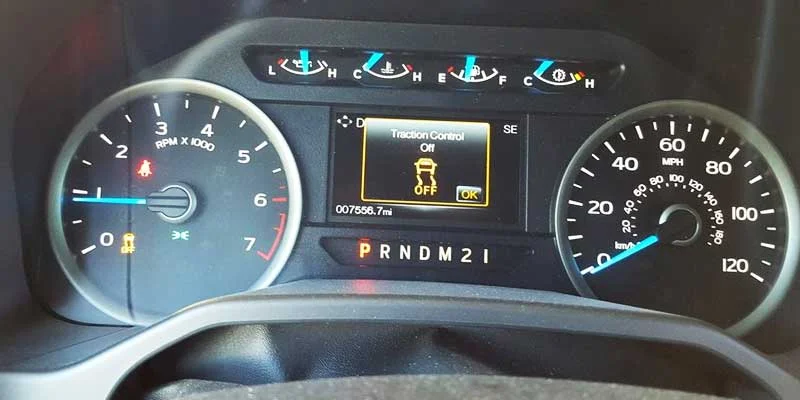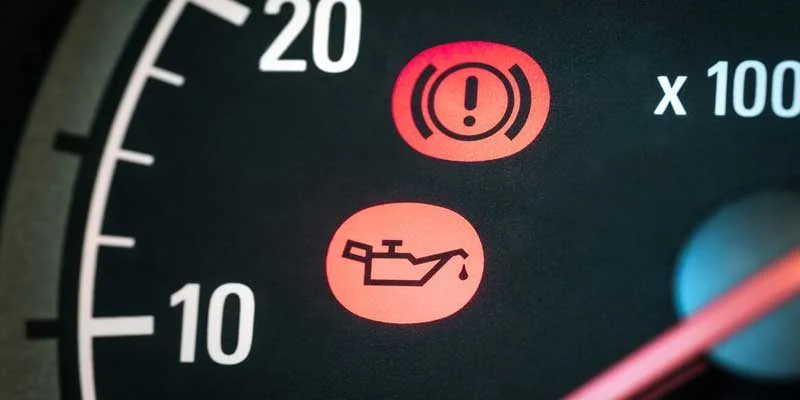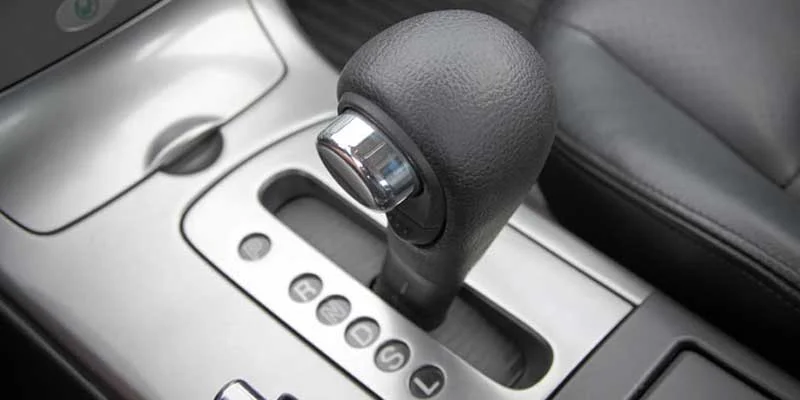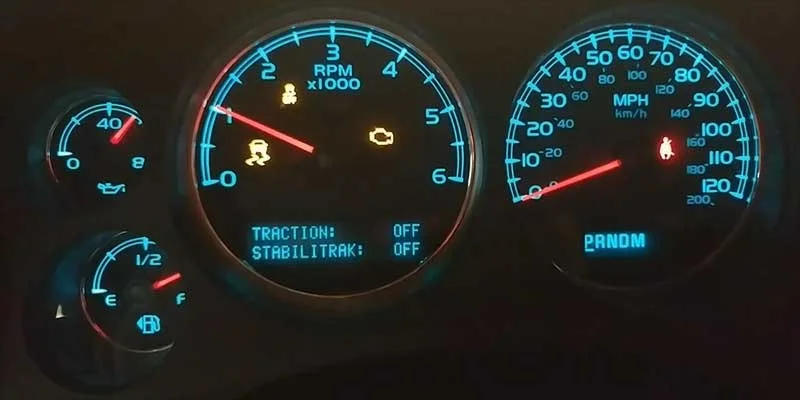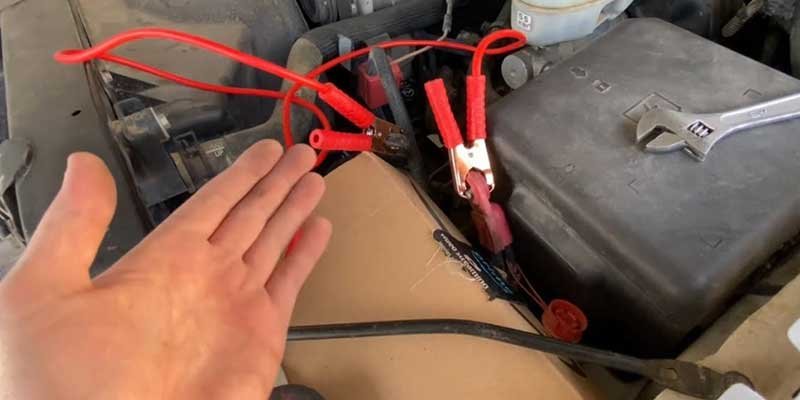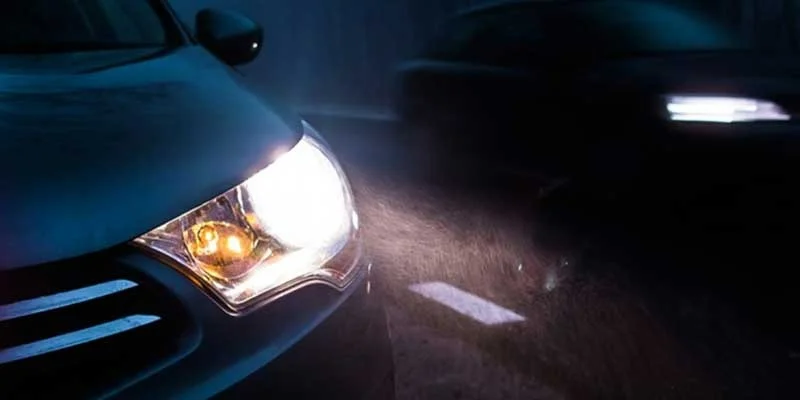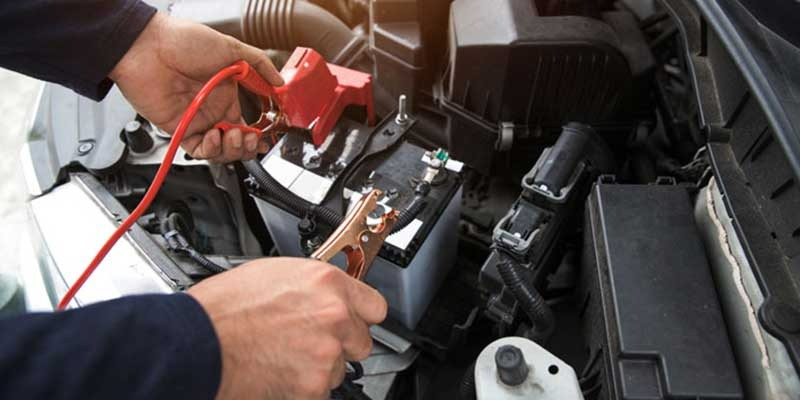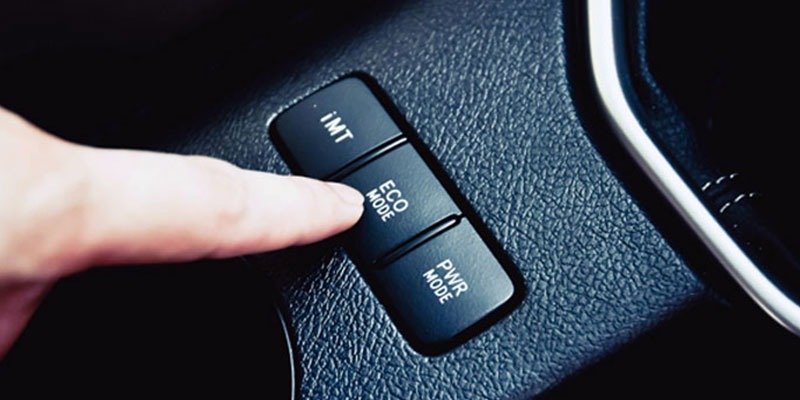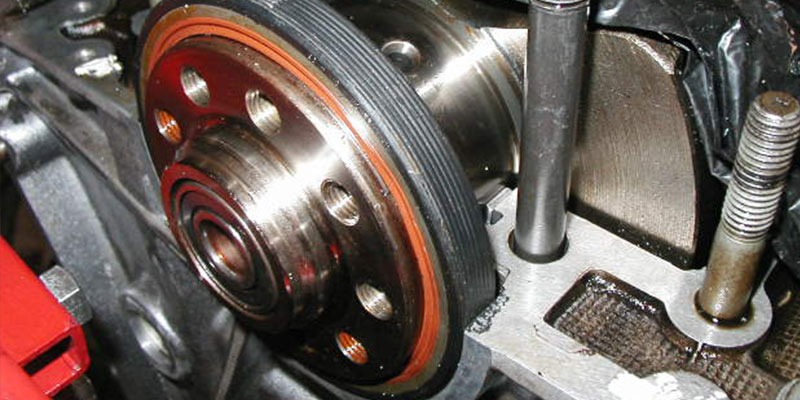The car’s speedometer is a vital component in the operation of your vehicle. It translates rotational speed into linear, which can be seen on an indicator near you with numbers corresponding to mph or km/h (kilometres per hour).
If this doesn’t work properly due to either hardware failure or software glitch, there might be problems with other components like brakes and steering that rely upon accurate readings from these sensors!
The automatic transmission is a marvel of technology. It fluidly transfers power from your engine to the wheels, making for an enjoyable driving experience without any jerky motion or hesitation on behalf of you as well as other drivers around you!
In addition, it does this while preserving fuel efficiency. These gears are designed to match up precisely each time there’s no interference, like when going uphill in first gear, which also helps prevent stalling by holding back some extra energy until needed.
Concerns like speedometer not working and transmission not shifting can be serious for any driver.
Your transmission and speedometer may be out of order, but it doesn’t have to stop you! Our article can help. We’ll go over what’s wrong with your car so that an expert mechanic knows how to fix the situation for good this time around.
What is a speedometer?
Located on the dashboard, a speedometer is meant to inform you about your car’s speed. Knowing how fast it can go helps with safety and fuel efficiency- so knowing this information should be essential for safe driving!
If something seems out of place or not working as expected, then check to make sure everything else works ok first before considering any guesswork, such as stopping at traffic lights, etcetera.
Causes of Speedometer not working
Here are some prominent causes of the speedometer not working:
ECU Malfunctioning
The engine control unit (ECU) is one of the significant part of car. ECUs function on many important activities, one of them being speed. Once there’s any malfunctioning with your Eκ U+it affects how fast you can go and identify which way is up from miles away!
It might cause other problems, too, because all of the car’s activity is regulated by the ECU, so this means faulty transmission, braking and steering if there was an error in sensing your speed.
Lack of power supply to the instrument cluster
A main component of the instrument cluster is the speedometer. So when you can’t get it to work, it’s either because of a lack of power supply or a faulty speed sensor. The cluster is also referred to as the instrument panel for you to know what’s going on in the dash.
Faulty Wiring
It is important to protect the wiring in your car from moisture. It will help avoid short circuits and blown fuses, which can cause damage or stop working altogether! If you notice that there’s water on any part of it (wires included), then try changing positions quickly so as not to let any get inside. otherwise, keep driving before getting somewhere safe where we know our tools are ready for work
Besides risking severe electrical connections when exposed wet conditions arise – such as fuse blows caused by moistened pads at joints- a worst-case scenario would be an immobilized speedometer reading zero without remedy being possible.
Fuel pump problems
The fuel pump supplies fuel to your engine via an electric motor. As a result, this makes them prone to malfunctioning due to age and use. Sometimes, the transmission may not shift as smoothly as it should or perhaps it won’t move at all if there’s a problem with this part.
Speedometer Transmission Issue Symptoms
You might see your engine revving up and down without shifting gears. It can be very harmful to your car’s parts, and you will notice more problems like failure to start-up or stop when you put your foot on the brake pedal.
The car might not be able to determine which way is up because of a faulty speedometer sensor. It may also trigger trouble in your automatic transmission while driving due to the lack of signal caused by this malfunction. Even if the car runs well, it doesn’t mean there’s nothing wrong.
Broken Speed Sensor
Car speed indication and fuel flow regulation are the prime functions of car speed sensor. It also operates several other systems like cruise control or ignition timing. When this crucial component fails, it may prevent your vehicle from running smoothly because you won’t be able to use any automatic features with ease – something which could lead straight for engine light on!
Solution for Speedometer
The mechanic will use the code reader/scanner to determine what is wrong with your car. They can then diagnose any engine light or check for failed components by connecting them to its ECU.
When a mechanic suspects that the speed sensor has been broken, they check to see any damage underneath. They also remove and inspect all associated wires from under their car for signs of tampering or breakage so as not to leave anything behind!
Fortunately, the mechanic can usually diagnose most car problems on site.
He will remove any broken components and install a brand new speed sensor to get your vehicle up and running again as quickly as possible!
When he suspects that bad or fuse wire may be causing issues with power distribution throughout the system, he may replace the fuse wire to resolve the issue.
What is Transmission Control?
A lot of people call it TCM for short. But, if you have a car with automatic transmission, this is something completely different.
Your car has various systems all working simultaneously to ensure smooth operation, including the engine control unit (ECU), ABS brakes, and even your heating system! All these are controlled by one unit so that it can respond appropriately to all needs. The TCM signals the car’s ECU for this purpose, which means its job would be tougher if there’s any electrical issue with the speedometer not working due to faulty wiring.
Signs you have Transmission Issue
Out of gear
The transmission may unexpectedly go out of gear, or it may change gears without you even touching the gearshift. It isn’t easy to drive in your car, not knowing what’s up and down! You can also experience transmission overheating due to insufficient fluid levels in the transmission.
Symptoms of Transmission Issue
If you feel that the vehicle hesitates to respond to your gearshift, there is a problem with shifting. It can be caused by either the transmission not reading what should be done next or weak signals from your speedometer sensor. In addition, if you notice that your car shakes while idle, this is another signal of a big transmission problem.
Insufficient fluid level
The insufficient fluid level makes it hard for the transmission to adapt to temperature changes while driving, which means it needs more energy than usual to keep running. Besides that, you may hear abnormal noises coming from your car when shifting gears or changing gears only a few times before stopping completely because the gasoline reserve is empty.
ECU Malfunctioning
The bad ECU is one of the prominent reasons why the transmission is not shifting. Refer it to an experienced mechanic who has expertise in correcting the ECU malfunctioning.
How to fix when Transmission not Shifting?
Drivers will not be able to drive when transmission not shifting. Checking with an expert mechanic in that situation is highly recommended. They are skilled professionals who know what needs repair and how much it will cost before starting any work on your vehicle’s transmission.
The expert mechanic examines your car using a code reader/scanner to scan any error codes or check whether the vehicle’s engine light is on. The skilled professional will know about trouble codes from this device that can be found within its electronic control unit (ECU).
The mechanic will replace the ECU to eliminate the non-repairable ECU issue permanently.
When the mechanic finds that a circuit breaker or fuse has been blown, he can easily fix it. He will then install new parts in case there is any damage on old wires and replace them when necessary, so your car doesn’t stop working all of a sudden!
The mechanic will check the level of transmission fluid according to your car’s recommendations. Dirty, old or lower fluids need replacement because they prevent smooth shifting and may lead to other problems down the line.
Frequently Asked Questions
Does the speedometer affect the transmission?
Yes, absolutely. If the speedometer is not working properly, this means there’s something wrong with the speedometer head on your car even if you replaced it.
Can a speed sensor cause a transmission not to shift?
Not the sensor itself but signals from it. Your car’s computer is always monitoring how fast the vehicle is moving and then deciding whether to shift gears or not. If you detect that your speedometer isn’t working, check its signal with an oscilloscope.
Where is the speedometer located?
The speedometer of most cars is built-in with the transmission, unlike in older models. Therefore it is inside your car’s gearbox located at the rear of your vehicle.
Where are the speed sensors located?
The speed sensor is usually mounted on the transmission or somewhere near it. You can check where your speedometer head is by following its cables until they connect to something.
What is the speedometer cable used for?
The speedometer cable sends a signal from your car’s transmission to the speedometer display that tells you how fast you’re going. Like any other cable, it can break or snap over time due to weather and normal wear and tear.
How much do repaired speedometers cost?
It depends on the make and model of your car and dealer. There are times where it can be as low as $50-$100 to replace, but it could also cost considerably more if you’re paying for a luxury vehicle or one that’s rare such as an antique car.
What can cause an automatic transmission not to shift?
Different problems can be the reason for it. If your car doesn’t shift gears and doesn’t have adequate oil in the transmission, this may cause some bad issues such as damage to internal components.
What would cause the speedometer to stop working?
The transmission provides the speedometer reading through a speedometer sensor. If your speedometer doesn’t work, it means there’s something wrong with this sensor or its connections to the transmission.
Conclusion
Speedometer and transmission problems are not uncommon. They both cause drivers to face difficulty when driving, but there’s an easy solution for them if you know what causes it in your car!
A speedo doesn’t work well because something is wrong with its electronics or connections. However, repairing this can be expensive (especially without knowing where exactly). Likewise, one might think that lack of shifting would involve changing some parts of the vehicle itself.

My Name is Christopher Angels, and I am a postgraduate in mechanical engineering. Cars have always excited me as a child, and soon I decided to dive into the world of cars by pursuing mechanical engineering. I also worked as a Mechanic for over 3 years to understand Cars’ anatomy and how each part contributes to its working.
My Name is Christopher Angels, and I am a postgraduate in mechanical engineering. Cars have always excited me as a child, and soon I decided to dive into the world of cars by pursuing mechanical engineering. I also worked as a Mechanic for over 3 years to understand Cars' anatomy and how each part contributes to its working.

